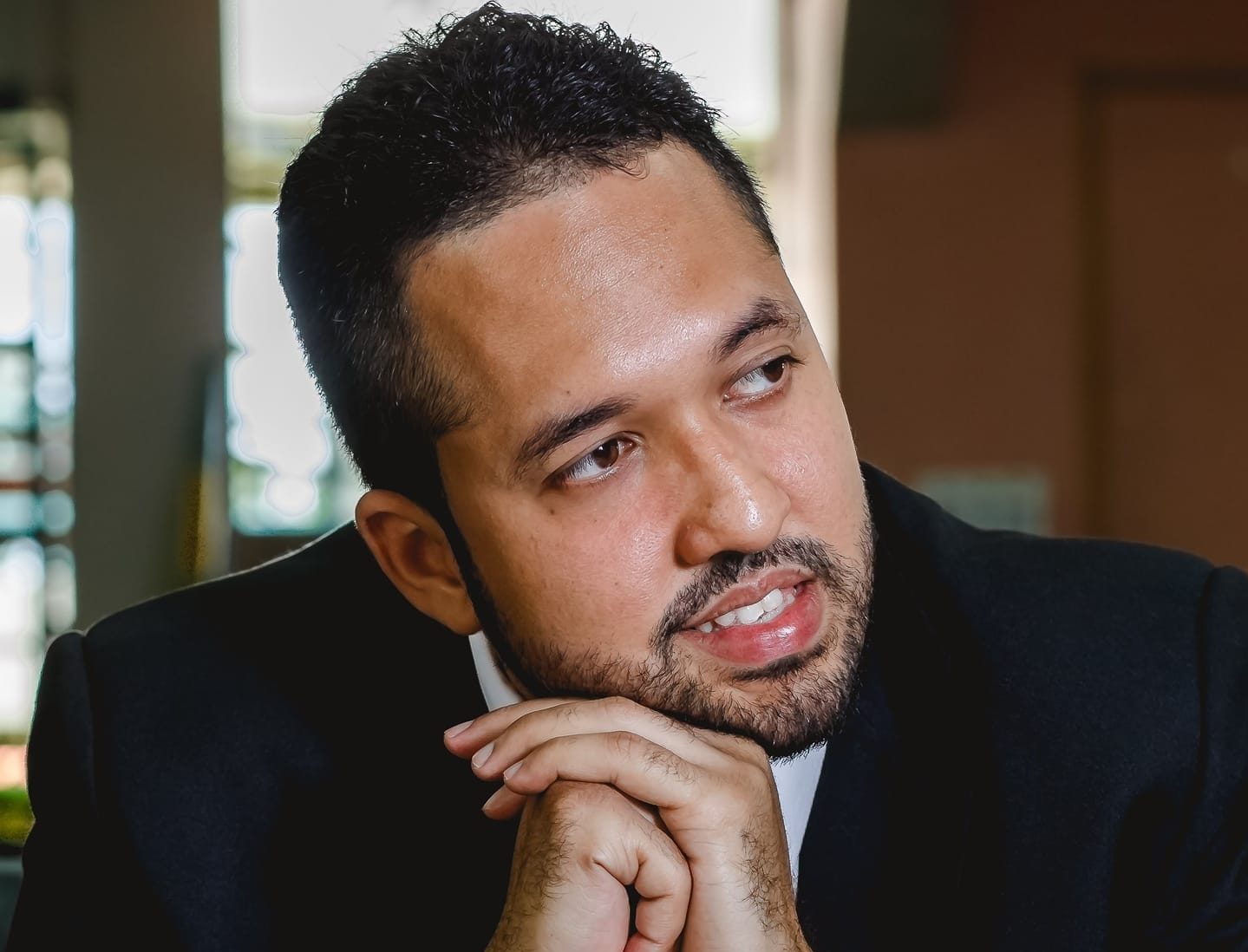The mission of the Caribbean Committee Against Sex Crimes (CCASC) is straightforward: Saving lives by preventing sex crimes and empowering victims in the Caribbean through innovation, technology, and collaboration.
CCASC is an initiative founded by the Zandoli International Foundation, which is a registered 501 (c) 3 Non-Profit Organization based in North Carolina, in the United States.
The overarching goal of the CCASC is to implement a regional Sex Offenders Registry in the Caribbean that will work in tandem with the US International Megan’s Law to prevent the demand for child sex trafficking. Currently, many Caribbean countries do not have domestic sex offender registration laws. Zandoli and the CCASC have been lobbying in St. Lucia and advocating throughout the region to implement sex offender registries, with significant progress thus far.
Caribbean lawyer Jonathan Bhagan has been involved with the CCASC since its inception in 2015. During the founding meeting, the nonprofit he was a part of at the time, the Organization for Abused and Battered Individuals, was one of 35 nonprofits who vowed to build a regional sex offenders registry.
“I’ve seen the suffering of too many people: men, women, and even children at the hands of sexual predators,” Bhagan said. “The Caribbean and Latin America have some of the highest rates of rape and human trafficking in the world.”
He noted that in places like Trinidad and Tobago, the justice system was in need of significant reform, as criminal trials are prolonged as many as 10 years. Even then, sometimes true justice is not achieved, and the enforcement of these laws are often overlooked due to a lack of political will.
On February 8, 2016, President Barack Obama signed the International Megan’s Law to Prevent Child Exploitation and Other Sexual Crimes through Advanced Notification of Traveling Sex Offenders, more commonly referred to as “International Megan’s Law,” which strived to create collaboration between countries internationally in the fight against sex crimes.
“Once countries start implementing reciprocal international agreements and sex offender registry laws, it will be possible to build an interlinked Global Sex Offender database using software provided by OffenderWatch,” Bhagan said. “We have had meetings with the Attorney General’s office of Trinidad and Tobago, employees of a United Nations agency, and discussions with politicians in Jamaica and other Caribbean nations.”
Bhagan noted that many Caribbean nations need to amend their criminal statutes to deal with sex crimes, including Jamaica. Human trafficking law is also a developing area, as well as sex offender registry law. He believes legal teams could make a difference in this battle by advising Caribbean governments on the type of effective legislation passed to protect those vulnerable to these crimes.
Although there is still much work to be done, Bhagan said he is hopeful that in the next few years that countries like Trinidad and Tobago, Barbados, and Jamaica will pass laws that reciprocate with the US International Megan’s Law.
“It’s likely with the developments in artificial intelligence, the data collected by tracking sex offender registry movements and activity on the internet will provide tools for law enforcement to locate and stop human trafficking networks,” said Bhagan. “We believe that this work will help deter sex trafficking worldwide.”
To learn more about the vital work of the CCASC, visit their Facebook group page.

